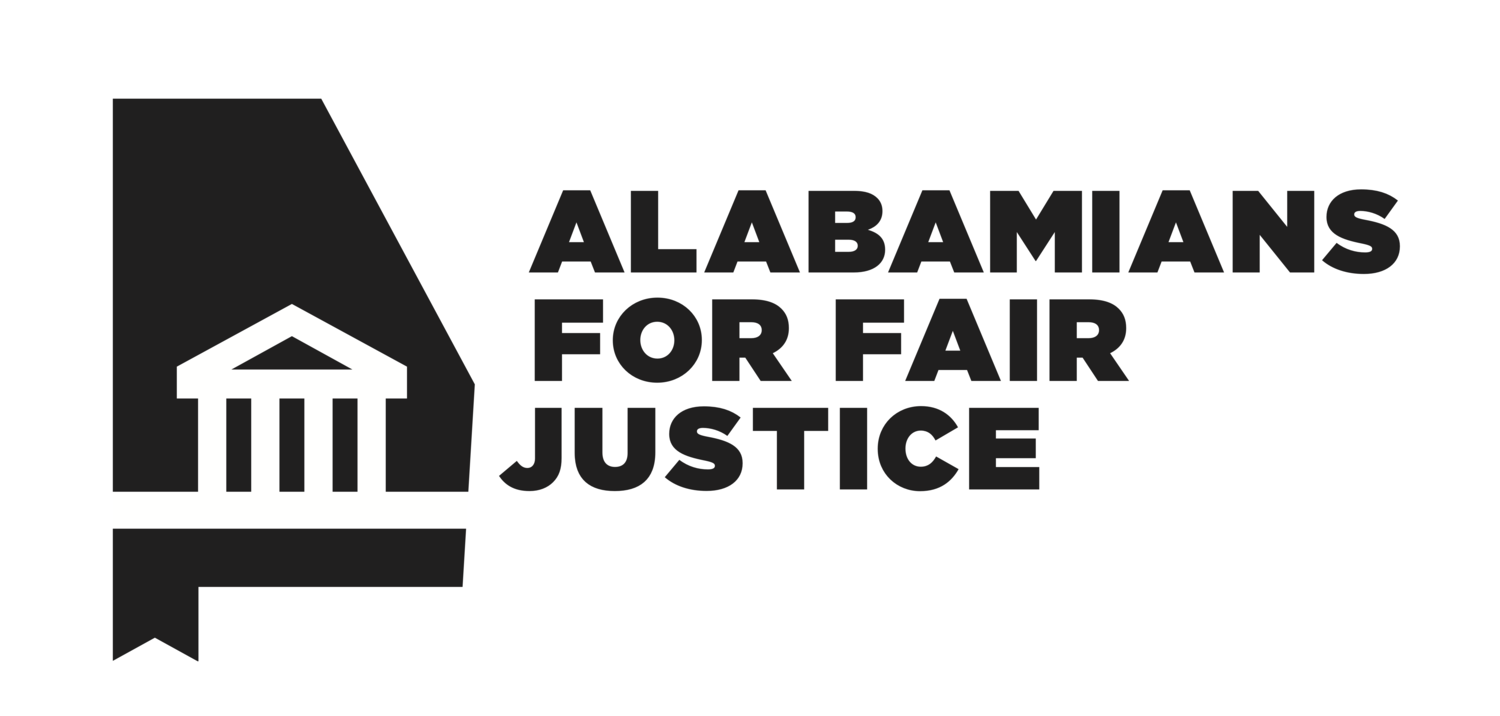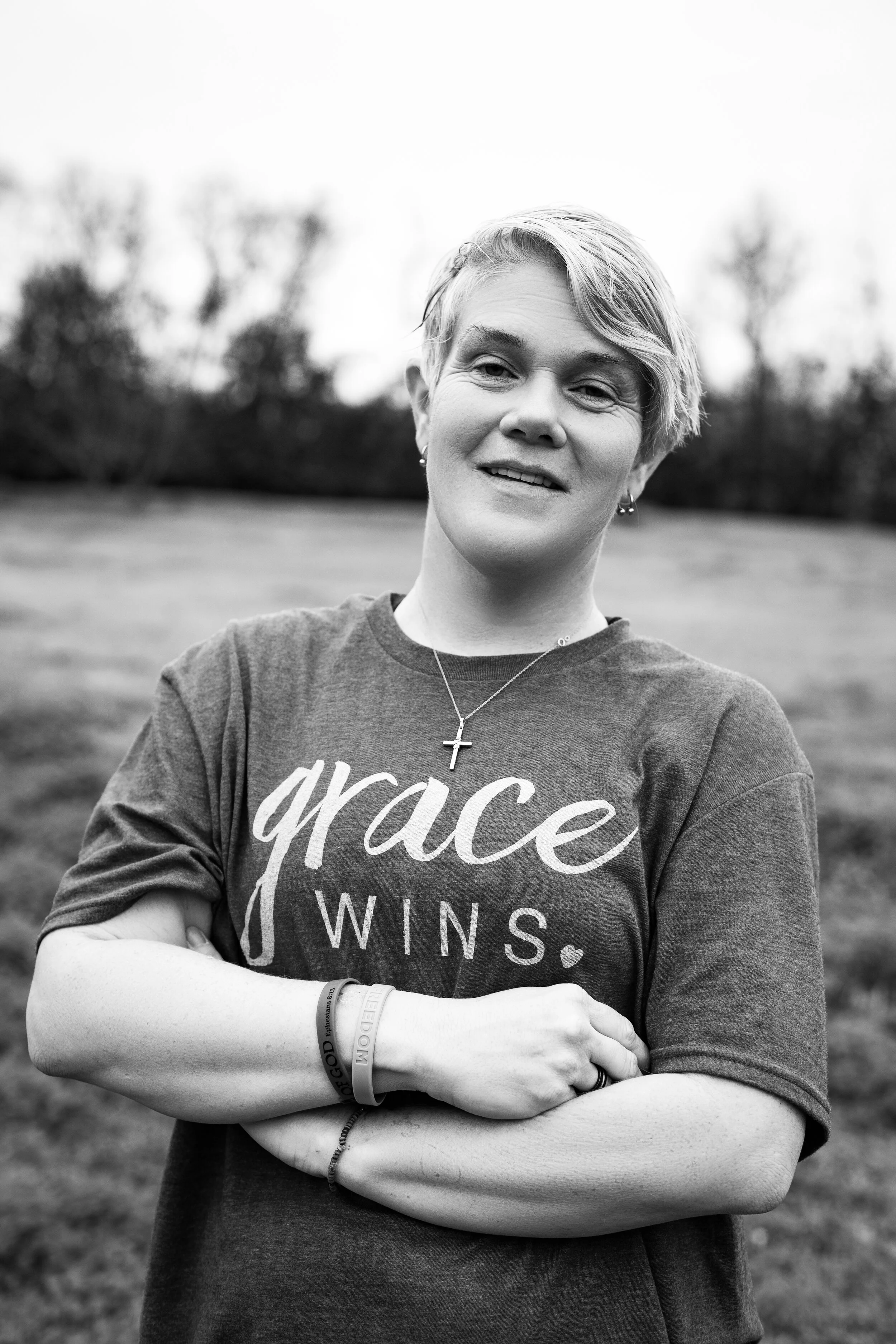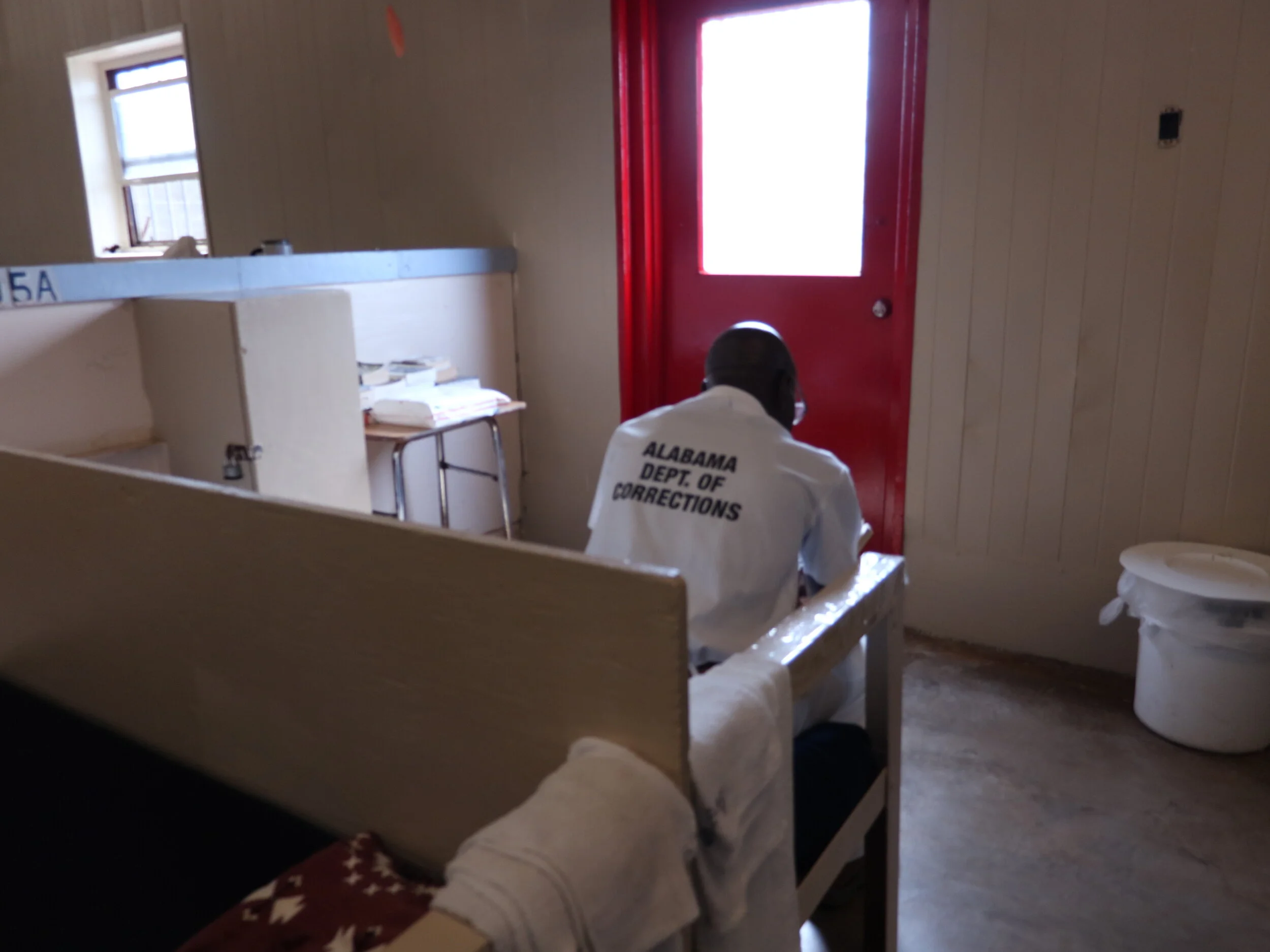Alabama man’s Habitual Felony Offender Act sentence caused ‘deep pain’ for his sister, the last surviving member of their family
By WiLL Tucker, Investigative Reporter, Southern Poverty Law Center
When Deleria Huff’s mother began to grow old, she would sometimes fall in the hallway of her three-bedroom family home in Mobile, Alabama. Deleria would be there to pick her up.
But one day, when Deleria’s mother had fallen, she told Deleria not to help her from the floor. She said her two sons would pick her up. “This particular day, she was still in her right mind, but the statement wasn’t. Your two boys in prison,” Deleria said. “I had to run outside and cry. Oh, I cried and cried.”










